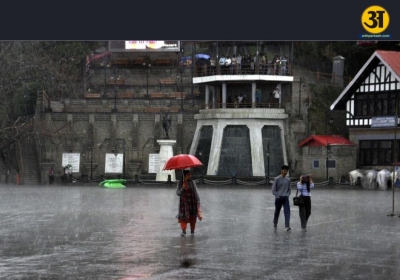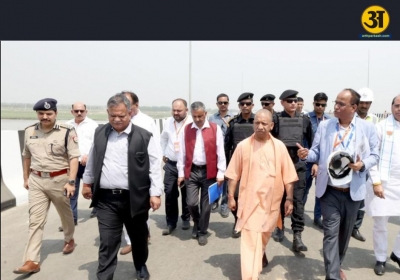
Trump's Campaign Challenges Super PAC Activities
Trump's Campaign Challenges Super PAC Activities in Republican Race
- By Anubhuti --
- Friday, 11 Aug, 2023
Curb of Super PAC Influence
Former President Donald Trump's campaign has taken a bold step to counter the influence of a super political action committee (PAC) supporting rival Ron DeSantis' presidential bid. The campaign has sent a letter to all state Republican parties asserting that super PACs should not engage in campaign activities that directly benefit a candidate or act as de facto campaign arms. While not naming the well-funded "Never Back Down" super PAC directly, the letter targets its expanding role in supporting DeSantis, including helping voters pledge support and hosting campaign events. This move reveals Trump's vigorous efforts to solidify his position within state Republican parties and impact the selection process for the 2024 nominee.
DeSantis' Super PAC: A Challenge to Trump's Influence
The super PAC backing Ron DeSantis, the Florida Governor and Trump's rival, has taken on a prominent role in the lead-up to the 2024 Republican primary. Its extensive campaign efforts, such as aiding DeSantis in Iowa's caucuses and orchestrating multi-city bus tours, have raised concerns within Trump's campaign. The letter highlights concerns that the party process and rules could be compromised by outside entities like super PACs, diluting the votes of individual Republican voters. This reflects Trump's determination to maintain his influence within the Republican Party while raising questions about the limits of super PAC involvement.
Also Read:
Legal Complexities and Efforts to Safeguard the Process
The letter issued by Trump's attorney, David Warrington, focuses on the potential violations of election law resulting from coordination between campaigns and super PACs. It warns state parties that facilitate such activities could face legal repercussions. While the letter's tone has been criticized as heavy-handed, it underscores the complexities of campaign coordination rules. Experts suggest that while a super PAC can independently support a candidate, it should not represent itself as an official campaign arm. The letter also discourages super PACs from influencing the delegate selection process for the party's national convention. This marks a bid to safeguard the direct relationship between voters and candidates, preventing undue interference from external entities.
In conclusion, Trump's campaign's move to challenge the activities of DeSantis' super PAC signifies a broader struggle for influence within the Republican Party. While raising concerns about potential violations of election laws and the integrity of the party process, the letter prompts a critical examination of the role super PACs should play in shaping the party's nominee for the 2024 presidential race.
Also Read:





